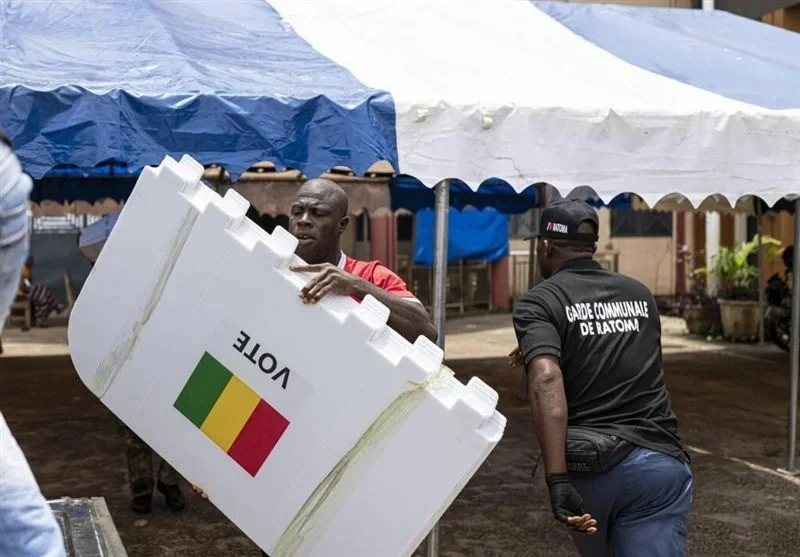Guinea began counting ballots on September 21, 2025, after citizens voted on a new constitution.
The proposal could let General Mamadi Doumbouya, who seized power four years ago, run for president. Many observers fear this move could prolong military dominance.
A Step Toward Civilian Rule or Power Grab?
Supporters describe the referendum as a step toward civilian governance in a region plagued by coups.
However, critics argue it gives Doumbouya more time in power rather than restoring democracy.
Last year, authorities dissolved most political parties. Furthermore, they banned three key opposition groups before the vote, preventing them from campaigning.
Opposition Urges Boycott
Opposition leaders urged citizens to boycott the referendum. They accused the junta of breaking its earlier promises.
“I didn’t vote because I don’t trust the military to respect our laws,” said Ibrahima Sory Diallo, a shopkeeper in Conakry.
Youth Back Doumbouya
Despite criticism, Doumbouya enjoys significant backing, especially from young Guineans who see him as a leader shaping the nation’s future.
Of 6.7 million registered voters, at least 50% must participate for the referendum to pass.
Polls opened at 7 a.m. and closed at 6 p.m., though some stations extended hours.
Election Oversight and Next Steps
A newly created election commission supervised the voting process. Doumbouya personally appointed two of its senior officials. Meanwhile, national elections are scheduled for December.
Guinea now finds itself in the same category as Mali and Niger, where military governments continue to hold power. Consequently, the outcome of this referendum could reshape the region’s political direction.
READ ALSO:






